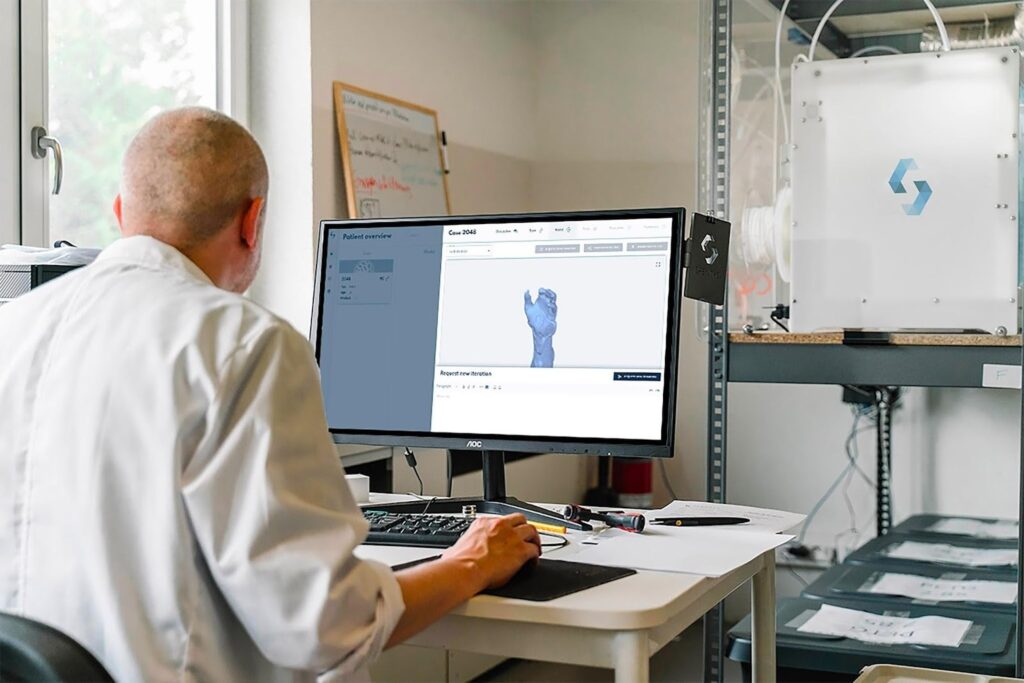Are you considering orthopedic surgery? It’s a big step to take, and one that should not be taken lightly. Before you jump into an operation, it’s important to be informed of the risks, benefits, and potential outcomes – as well as have an understanding of what recovery will look like. Here we’ll discuss the most important things to consider if you’re thinking about getting orthopedic surgery so you can make an educated decision when the time comes.
Understand the procedure you are going to have
Before you undergo surgery, it’s crucial to understand the procedure you’ll be having. This includes knowing what type of anesthesia will be used, how long the operation will last, and what potential complications may arise. Make sure to ask your surgeon any questions you have and do your own research as well. The more informed you are, the better decisions you can make. An expert orthopedic surgeon will be able to explain the procedure in detail and answer any concerns you may have. They may also provide you with resources or materials to help you understand the process better.
Review all the potential risks and complications associated with orthopedic surgery
It’s important to fully understand all of the potential risks and complications before making a decision. While the benefits can be life-changing, it’s crucial to weigh them against the potential drawbacks. Some of the risks associated with these procedures include infection, bleeding, nerve damage, and blood clots. Additionally, complications such as allergic reactions to anesthesia, implant failure, and even death can occur. By being well-informed and understanding the potential risks, patients can make an informed decision about whether orthopedic surgery is the right option for them. It’s always important to consult with a qualified orthopedic surgeon to discuss any concerns and receive personalized recommendations about the best course of action.
Ask your doctor for an explanation of any aftercare instructions that they might give you
It’s important to communicate effectively with your doctor. After all, they are the experts and can provide you with valuable information about aftercare instructions. These may include physical therapy, medication, or lifestyle changes to aid in your recovery. Make sure you fully understand any post-operative instructions given by your doctor so that you can properly follow them for a successful recovery. Orthopedic surgery typically requires a significant recovery time, so it’s important to follow these instructions closely and communicate any concerns or issues with your doctor.
Consider if there are any alternative treatments or lifestyle changes that could help
When it comes to medical issues that require surgery, it’s natural to feel apprehensive about going under the knife. Fortunately, there are often alternative treatments or lifestyle changes that can be explored before opting for surgery. For example, physical therapy, acupuncture, or specific exercise routines may help alleviate some conditions. In other cases, dietary changes or natural remedies may provide relief. Of course, each situation is unique, and it’s important to consult with a healthcare professional to determine the best course of action. However, exploring alternative options may not only avoid surgery but may also lead to a healthier and happier long-term outcome.
Check insurance coverage for different types of orthopedic surgeries
Orthopedic surgeries are often necessary to treat a variety of conditions that can limit mobility and cause pain. While the idea of undergoing surgery can be daunting, it’s important to know that there are several options available to you when it comes to insurance coverage. By taking the time to check your coverage for different types of orthopedic surgeries, you can ensure that you are getting the best deal possible. This can not only save you money but also provide peace of mind knowing that you have the financial support you need to focus on your recovery. Don’t hesitate to explore your options and make sure that you are fully covered before undergoing any orthopedic procedures. In addition, be sure to communicate with your insurance provider throughout the process to avoid any unexpected expenses.
Taking the time to research and understand your procedure, as well as all of the risks and potential complications involved will go a long way in ensuring that you make an informed decision when it comes to orthopedic surgery. Whether or not you are considering an orthopedic surgery procedure, having basic knowledge on the subject is an important part of staying overall healthy – both physically and mentally. Ensure that you consult with your doctor about all aftercare instructions, create a support network around yourself before undertaking any procedure, and check alternative treatments or lifestyle changes that might be beneficial to you. Last but not least, don’t forget to check if your insurance policy covers the desired procedure so that you get the best care for your money! So take charge of understanding and researching what an orthopedic surgery entails to be prepared for whatever situation lies ahead.



